Managing Lupus at Home

Educate Yourself
According to Lupus UK, “The lupus patient will need to adjust to the demands of the illness and the impact of medication. Whilst some people are severely afflicted by lupus, many others (especially if careful for themselves) can live virtually normal lives.” Educating yourself about your condition is important in any circumstances, but with Lupus it can make the difference in retaining a quality of life that may not otherwise be achievable. Lupus can ‘flare’, where the person has episodes of feeling less well which can negatively affect their daily life. Lupus UK tells us that “Emotional factors can contribute to flares, along with concern over ability to keep in regular employment that will provide necessary income.” Stress around the financial implications of Lupus, along with worrying about how it affects relationships, can all have an effect on Lupus symptoms.
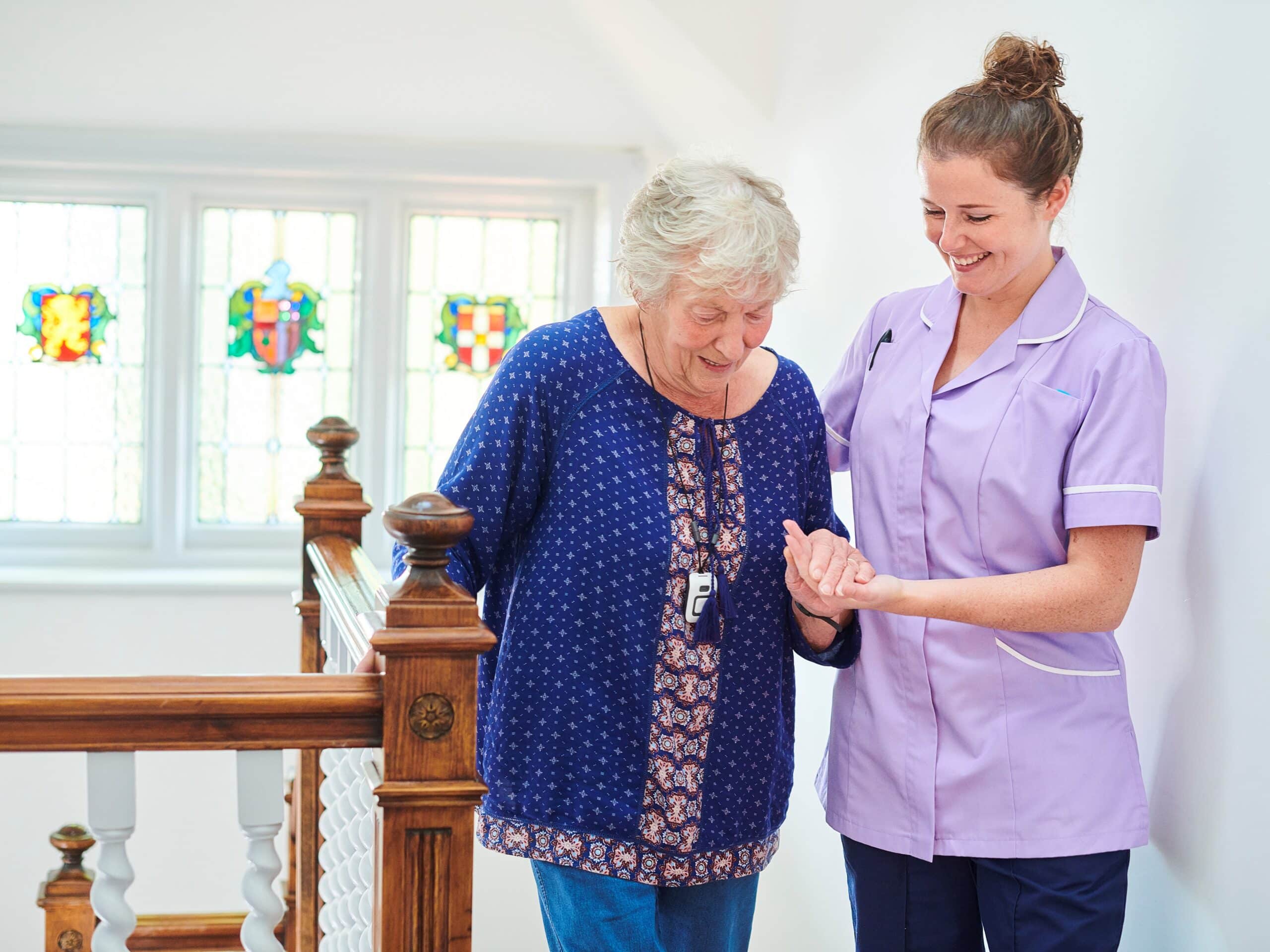
Managing symptoms can be easier if you make some changes to your lifestyle and the way you live with your lupus, such as:
Pacing your daily activities and taking regular rest
Resolving stress, anger, or depression
Managing pain
Asking for help from loved ones, friends and healthcare professionals
Avoiding direct sunlight and limiting exposure to fluorescent lights
Educating loved ones on how lupus can be unpredictable
Avoid Direct Sunlight
According to the Lupus Foundation of America, “Photosensitivity is common in people with lupus: 40% to 70% of people with lupus will find that their disease is made worse by exposure to UV rays from sunlight or artificial light.” People with lupus have much more sensitivity to UV radiation than someone without lupus. In a healthy immune system the antibodies fight infection but Lupus causes these antibodies to target proteins in normal cells, which causes a reaction. The immune system takes much longer to clear cells in someone with Lupus than in someone without. Some people develop rashes, whereas others get joint pain, numbness, tingling and fatigue. Symptoms can be so severe that those affected have to keep blinds closed and lights off indoors while covering skin, wearing sunglasses and a hat while outdoors, even in overcast weather.

Avoid Smoking
We’ve all been told how quitting smoking is beneficial to our health, but when someone is living with lupus, it is even more important. The Lupus Foundation of America backs this up, telling us, “it’s clear that smoking complicates and accelerates the ill effects of lupus. It can also lower the effectiveness of medications used to treat lupus.” Therefore, there has never been a better reason to quit smoking if you’re living with lupus. Infection is a real danger for people living with lupus due to their compromised immune systems. Respiratory infections and the risk of pneumonia and bronchitis are higher in people who smoke, and also in those who are exposed to second-hand smoke. Smoking can also affect heart health, which can be compromised in people living with lupus, especially on certain types of medication. Speak to your healthcare professional if you’d like support giving up smoking when living with lupus.
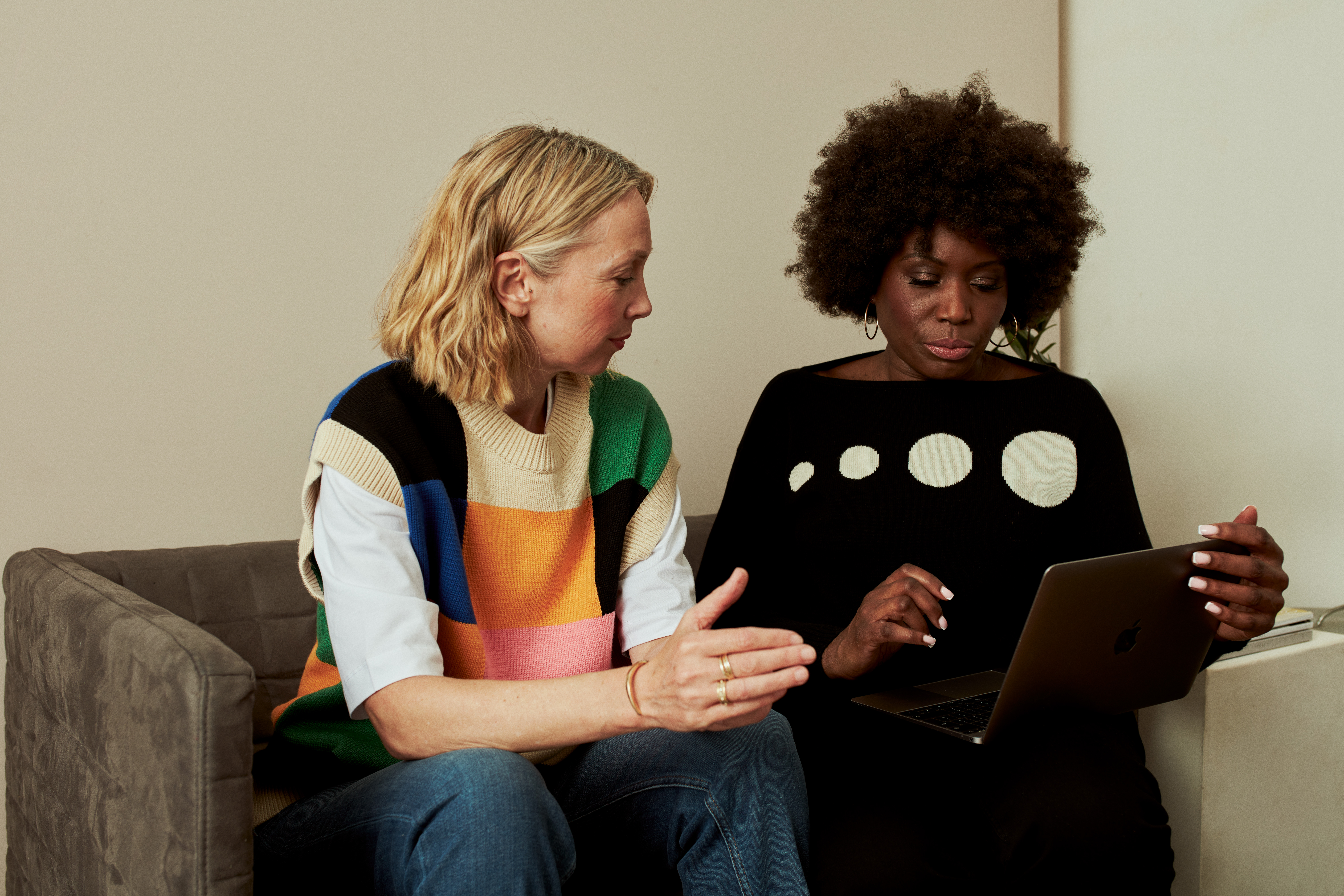
Vitamin D
Vitamin D is made by the body when the skin is exposed to UV light. However, because people living with lupus have to avoid UV light due to autoimmune flare-ups, it can leave them vulnerable to Vitamin D deficiency. We need vitamin D to absorb calcium; to prevent rickets in children and softening of the bones in adults. According to the NHS, Vitamin D can also be found in certain foods such as “oily fish – such as salmon, sardines, herring and mackerel, red meat, liver (avoid liver if you are pregnant), egg yolks, fortified foods – such as some fat spreads and breakfast cereals.” Dietary supplements are also a good way to get vitamin D if you are unable to get enough through UV light or diet. Research is still ongoing as to the effects vitamin D supplements have on lupus symptoms.
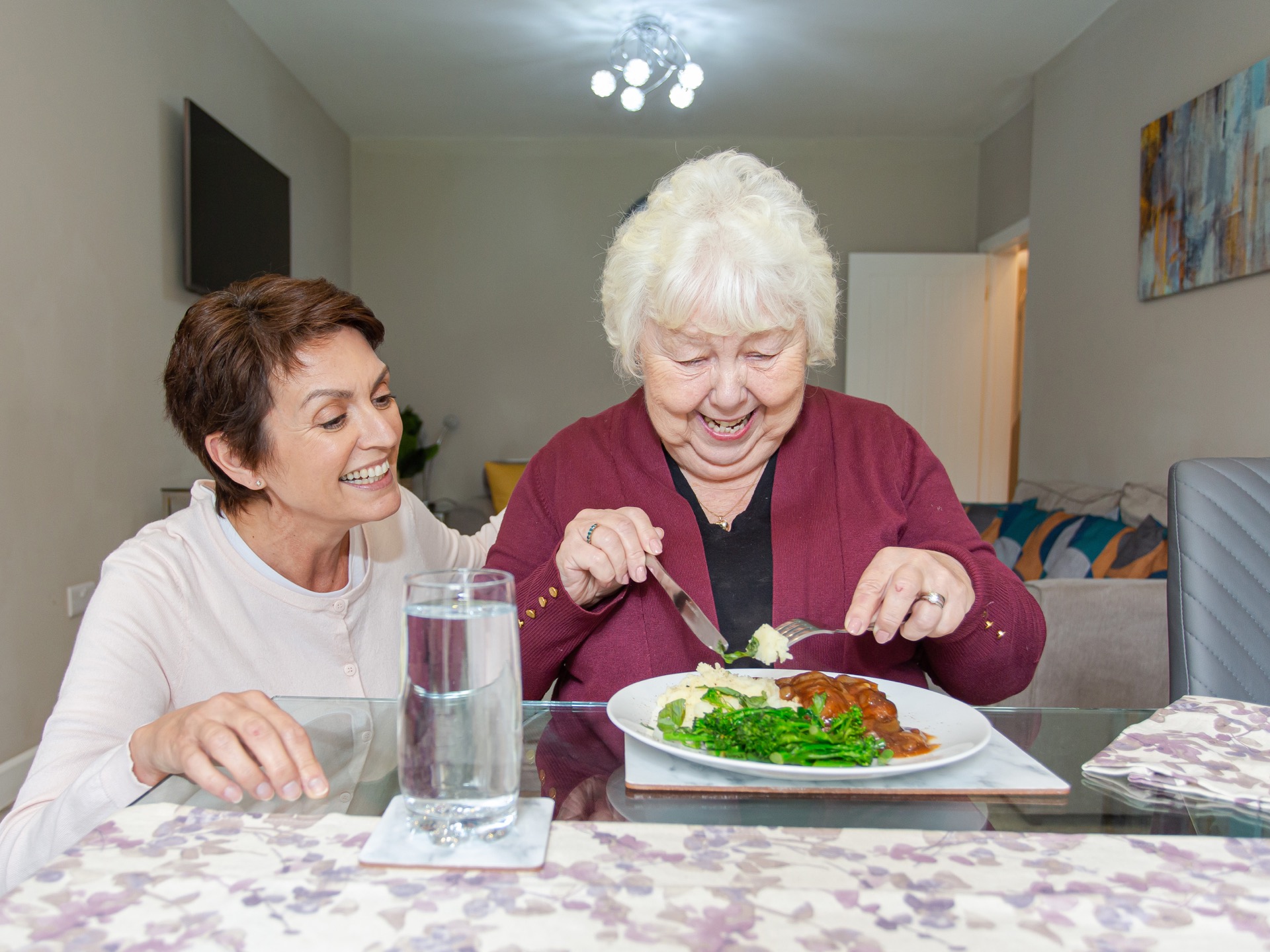
Exercise
Exercise is important regardless of the condition you’re living with. Whether you’re able to run a marathon or do some gentle leg lifts at home, everyone should build some form of activity into their days. Lupus can make a person feel fatigued though so it’s important to discover the level of exercise that works for you, and only do as much as you feel able to. Starting gently and building up is necessary for anyone who doesn’t usually exercise, however with Lupus it can also make sure that you don’t tire yourself beyond your abilities and risk flare-ups. Lupus UK agrees that “It’s very important to recognise that lupus affects everybody differently and so not everyone with lupus can do wide range of exercises, but most people with lupus can take part in some form of activity.” It’s important to discuss any new activity with a healthcare professional before you embark on it too.
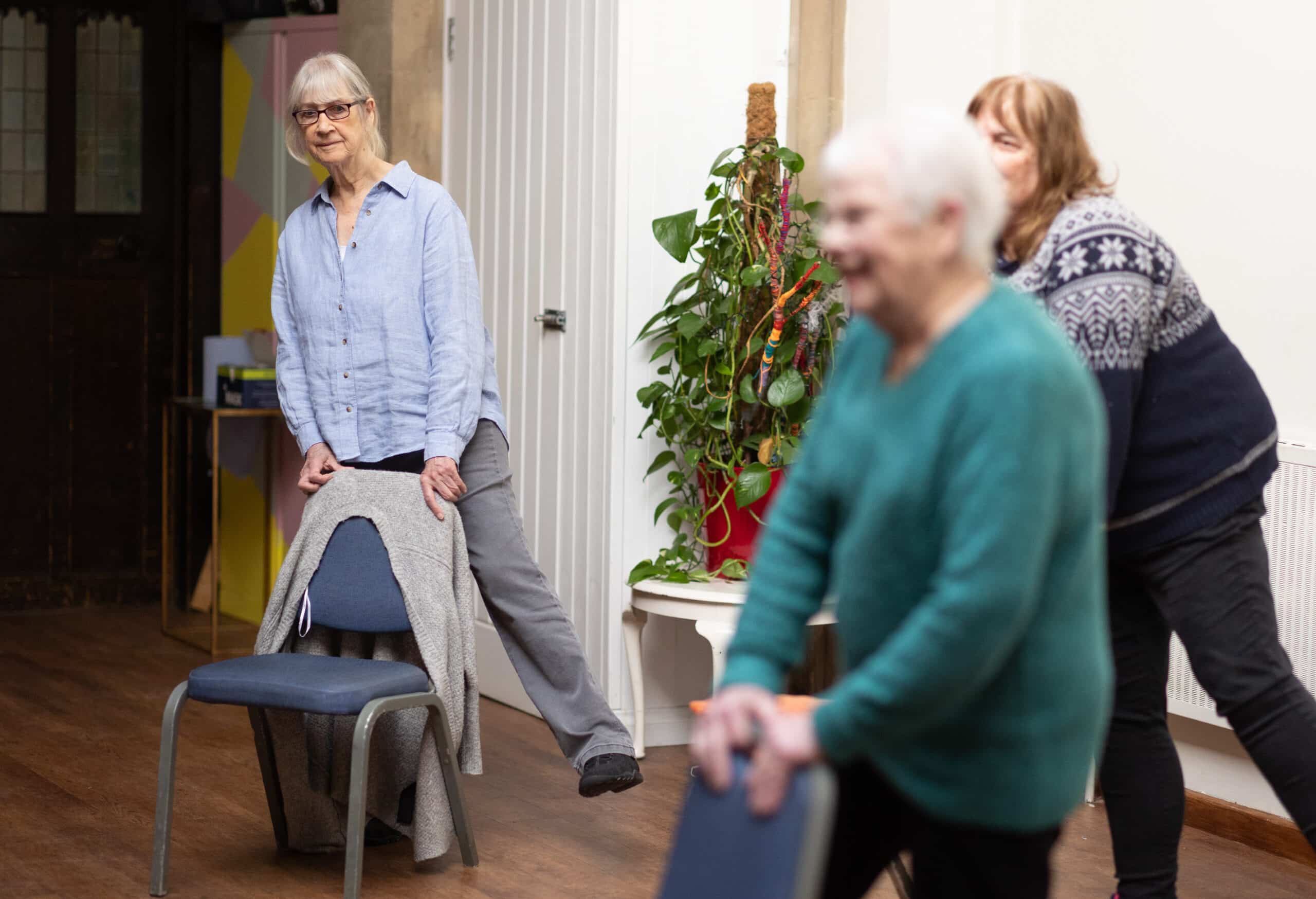
How Helping Hands Can Help
Since 1989, Helping Hands has been supporting people with Lupus to live as comfortably as possible. We provide both visiting and live-in care for people across England and Wales, as well as complex care overseen by our clinical nursing team. Being diagnosed with Lupus may make you feel that you won’t be able to manage independently anymore; however, this isn’t the case. With some additional support you can remain living in the home you love, and with some changes to your lifestyle, you may find you are not as affected as you may have expected.
Our carers are amazing people, dedicated to providing the highest quality support at all times. We choose our carers carefully because we only want people who have kindness and compassion at heart to look after you at home. We have exceptional screening and assessment processes because we want to know that only people who should be coming into your home are doing so.
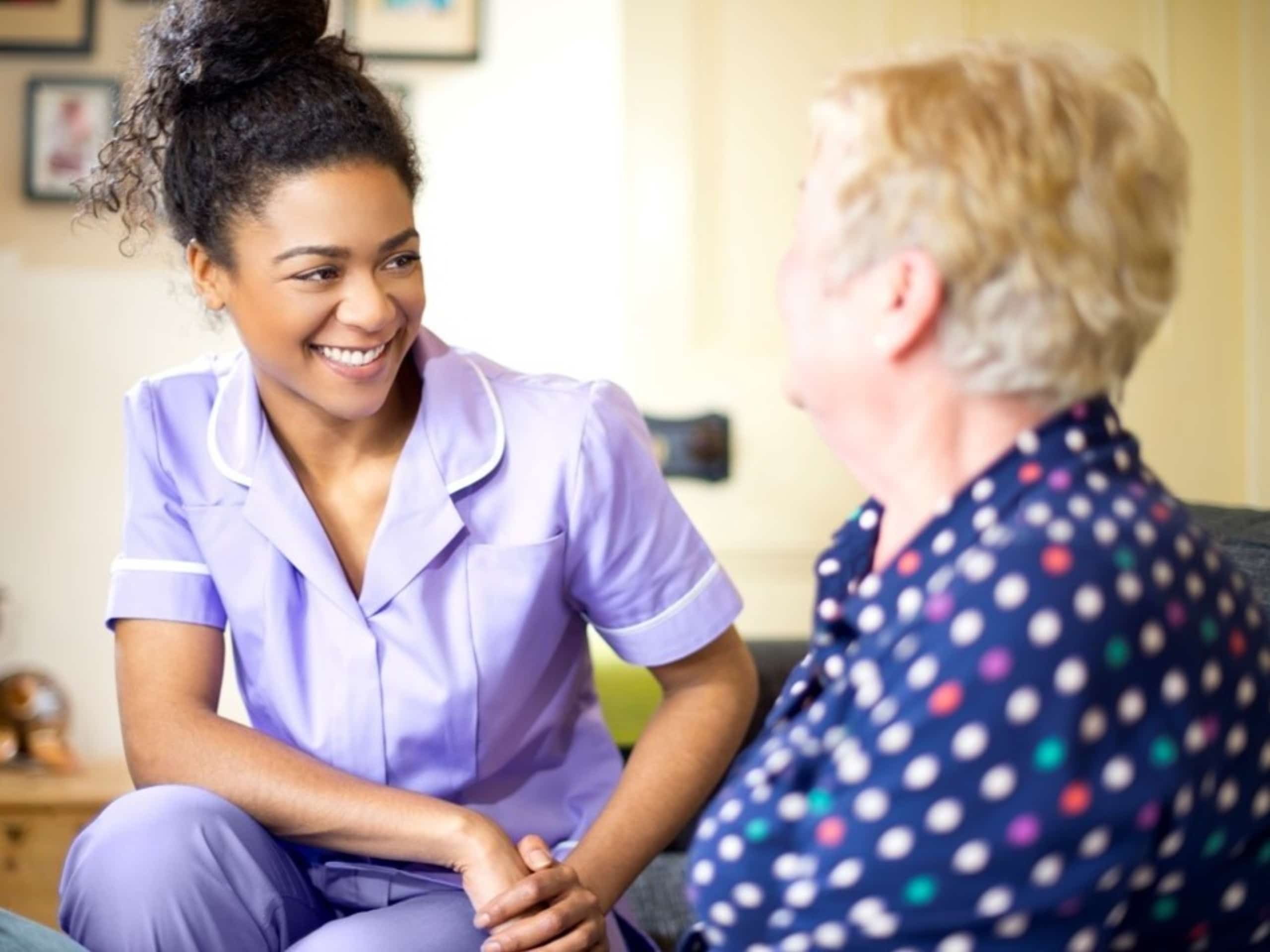
We understand that Lupus affects everyone differently, which is why we focus on person-centred care at all times. We’ll help you to manage your symptoms, monitoring your nutrition and medication, as well as boosting your mental health and well-being. We’ll also monitor your condition carefully so that any changes can be managed in conjunction with your healthcare professionals.
At Helping Hands, we believe in holistic—or whole-person—care, which means we’ll support you in doing everything you enjoy in life. This includes making the most of your local community and your precious home. If you need to stay indoors more to avoid UV exposure, we’ll keep you company as much as you would like while making sure you take plenty of rest and eat a nutritionally balanced diet.